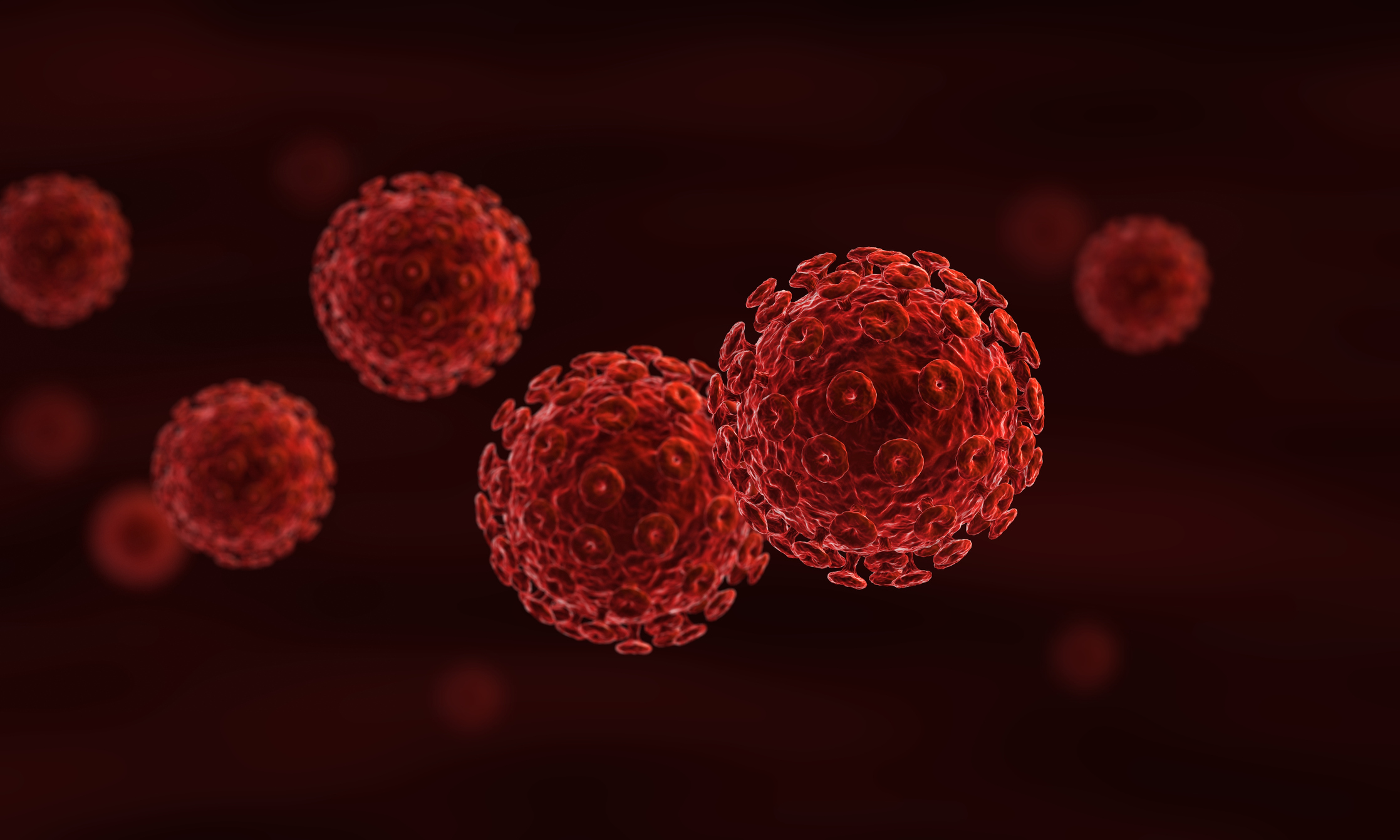A new -produced human papillomavirus (HPV)-16/18 vaccine has been shown to be safe and highly efficacious and was recently licensed in China. As a post hoc analysis of the phase III trial, this study aimed to assess the impact of vaccination time deviations on the specific antibody response and guide the better usage of this vaccine in the real world. A total of 3689 healthy women aged 18-45 years old were randomly assigned to receive the bivalent HPV-16/18 vaccine according to a 0-, 1- and 6-month schedule with a wide vaccination interval. The first vaccination interval between the 1 and 2 doses (the 1 interval) was divided into three groups: 28-40 d, 41-50 d and 51-60 d. The second vaccination interval between the 2 and 3 doses (the 2 interval) was divided into three groups: 103-139 d, 140-160 d and 161-198 d. The reverse cumulative curves for the IgG of the three groups with different 1 vaccination intervals or with different 2 vaccination intervals at month 7 almost overlapped for both HPV-16 and HPV-18. Compared with the standard vaccination schedule (a 1 interval of 28-40 d and a 2 interval of 140-160 d) subgroup, all the subgroups had GMC ratios greater than 0.83, with the lower limit of 95% CIs higher than 0.64. In conclusion, a slight deviation in the vaccination time of the 2 and 3 doses has only a minor, insignificant impact on the immune response induced by the -produced HPV-16/18 vaccine.
Immunogenicity of an -produced bivalent human papillomavirus vaccine under different vaccination intervals.


